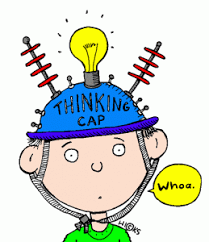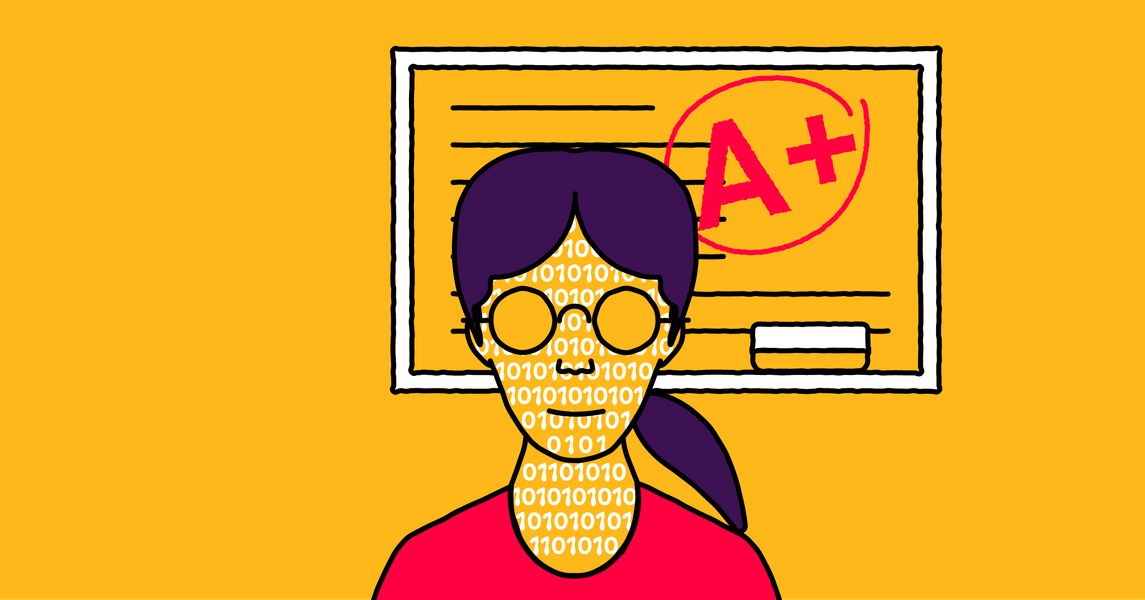Author: Emma Morton
I am a French and Spanish teacher, most recently Deputy Head at a Prep School in Nairobi. I am the Curriculum Adviser for the Peponi Schools, looking at the curriculum across three schools, from Kindergarten to A Level. I am particularly interested in supporting new teachers and helping them develop pedagogical best practice, both in the classroom, and now, online.This blog is to do some further work on the paragraph that you questioned in response to my critique of the NESTA report. In my Critique (31.01.21) I wrote: On their website, NESTA claims to focus on ‘the human, social and public dimensions of AI.’ https://www.nesta.org.uk/project/artificial-intelligence/ This essentialist view, propounded by both Hamilton & […]
It’s been a busy week and thus far my IDEL work has consisted of a lot of thinking and spending time on Twitter, exploring the ‘bot world’. I look forward to seeing if this week’s musings will radically change after doing the required reading. So what are my preconceptions and initial thoughts? No significant learning […]
The NESTA report sets out to explore the potential of artificial intelligence and education (AIEd) within the UK, addressing pedagogical challenges and considers how the AIEd sector can grow effectively and responsibly ‘enabling schools and colleges to learn and evolve’ (p.5). A Brave New World? It is interesting that the foreword is written by Sir […]
Bayne’s main key argument is to highlight assumptions made of the terminology of Technology Enhanced Learning (TEL). She negotiates three theoretical perspectives, calling into question the rhetoric of TEL. The level of detail applied to the terminology ‘Technology Enhanced Learning’ itself is impressive. Bayne goes a long way to prove that such a phrase is […]
The Hamilton & Friesen paper, “Online Education: A Science and Technology Studies Perspective” concludes that constructivism as a concept is a useful way of understanding and analysing technologies for learning.
I am struggling to get into academia again. Self-analysis of my writing: I don’t think I am structuring my writing well enough; it is all rather a stream of consciousness. Examples I use are anecdotal – does that matter? Am I using enough concrete examples? The model of a blog – having never written a […]
A few questions and thoughts about: Hamilton; Friesen (2013): “Online Education: A Science and Technology Perspective” One of the first premises laid out in the abstract, states that implicit philosophical perspectives on technology limit research into the pedagogical value and potential of new technologies. The article explores, in some depth, the differing perspectives of two […]
“While facilitation is of course an important aspect of teaching, we argue in this manifesto that good online teaching is very much more than this.” (Bayne et al (2020) “Manifesto for Teaching Online” p.32) This for me is at the very core of the role of digital education within education as a whole. All too […]
What I want to explore in this blog is the position of the teacher within digital education. In my blog on Digital Natives, I recognised that the teacher’s position is a precarious one; teachers are all too often teetering on a digital paddleboard in the face of a swell of constant change and advances. I […]
“Digital natives” are defined as individuals born after 1980, who were raised in an environment in which they were surrounded by technology and who possess technological skills different from those possessed by the members of the prior generation (Palfrey and Gasser, 2013, Prensky, 2001). It strikes me, as is stated in the Manifesto for […]











Recent comments